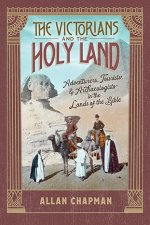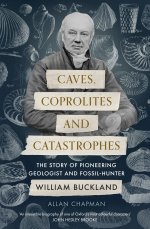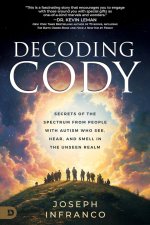William Buckland DD, FRS (12 March 1784 - 14 August 1856) was an English theologian who became Dean of Westminster. He was also a geologist and palaeontologist, writing the first full account of a fossil dinosaur, which he named Megalosaurus. His work proving that Kirkdale Cave had been a prehistoric hyena den, for which he was awarded the Copley Medal, was praised as an example of how scientific analysis could reconstruct events from the distant past. He was a pioneer in the use of fossilised faeces, for which he coined the term coprolites, to reconstruct ancient ecosystems. Buckland was raised in Devon, the son of a parson-naturalist.
At that period many clergymen were also eminent scientists, agriculturalists, doctors. At 17 he won a scholarship to Corpus Christi College, Oxford, and enjoyed a glittering early career, being elected as a Fellow of the Royal Society at 34. An early passion for mineralogy reflected wider debates about the age of the earth: Geology became a subject of national interest and a popular hobby with clergymen everywhere. It would prove the foundation of Buckland's career and influence.
In 1821 Buckland discovered the Kirkdale Cave in Yorkshire. His excavations of fossil bones there shot him to national fame. Had Kirkdale been a hyena den, wiped out in the Flood? Buckland undertook pioneering work on hyena anatomy, and identified the importance of 'coprolites' (fossilised excrement) in providing vital clues to extinct animal diets. Buckland received Royal Society's Copley Medal in 1822 for his work on the Kirkdale Cave site, and became widely acknowledged for his brilliance as a field geologist and interpreter of fossils. In 1824/5 he subsequently discovered and described the first dinosaur recognised by modern science, which he dubbed megalosaurus ('great lizard') in 1824/5. Buckland's geological interests were also economical: he investigated coal measures in the South-West and in Northern Ireland. The study of geology was of intense interest to landowners in relation to more efficient agriculture, land drainage, agricultural chemistry. It also had immediate application to the burgeoning coalmining and quarry industries, as well as to canal building, river improvement and other 'lie of the land' projects. Buckland had been ordained as a priest in 1809, and his Christian commitment was genuine and deep-rooted. But it also helped his career, not least when it related to patronage. His patrons included Prince Regent (King George IV) and Prime Minister Lord Liverpool. In 1825 Buckland was presented with the special Canonry of Christ Church and a salary of £1,000 per annum, a considerable sum. It was a good year for the priest-scientist: that summer he met, fell in love with and subsequently married Mary Morland, the daughter of a solicitor and in her own right a considerable scientist: their European honeymoon was combined with a scientific and geological tour. Their marriage would be long and happy: Mary would bear her husband nine children, of whom five survived to adulthood. In 1836 Buckland published Geology and Mineralogy considered with reference to Natural Theology. In this he abandoned the idea of Flood of Noah as a global, as opposed to a relatively local inundation, and re-asserted his 'gap' theory of an interval between creation and Genesis, Eden and man. His views had greatly modified over the previous 20 years: geology was the focal point for intense international debate. Besides his obvious gifts of intellect and clear exposition, Buckland was highly sociable, with a congenial disposition and great sense of humour. This sometimes attracted criticism from more 'grave' men, but his friendships were extensive. As a young man he had impressed the Prince Regent (future King George IV), who created an Oxford Readership in Geology for him, while his admirers included peers of the realm, prime ministers, dons, provincial clergy, workmen. Friends included Dean W.D. Conybeare and Archbishop Whateley. Buckland was also a generous and kindly man, whose Christian faith was robust and in no way sa
Trustpilot






